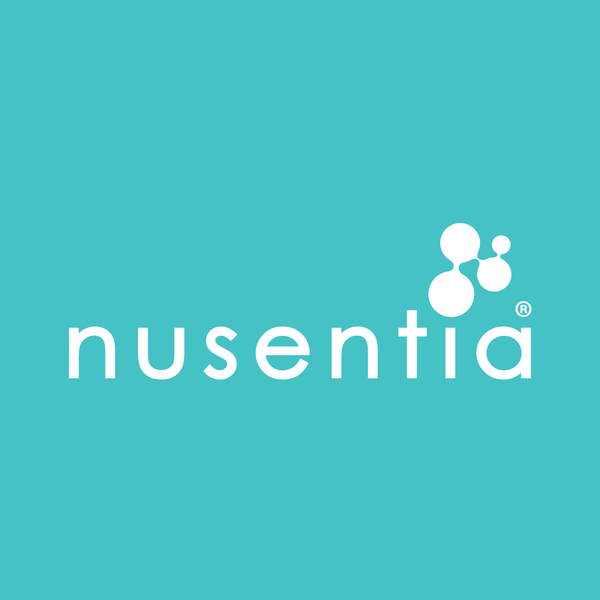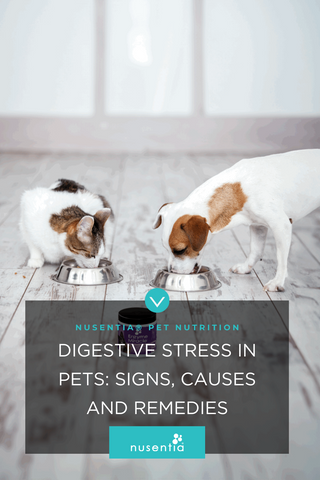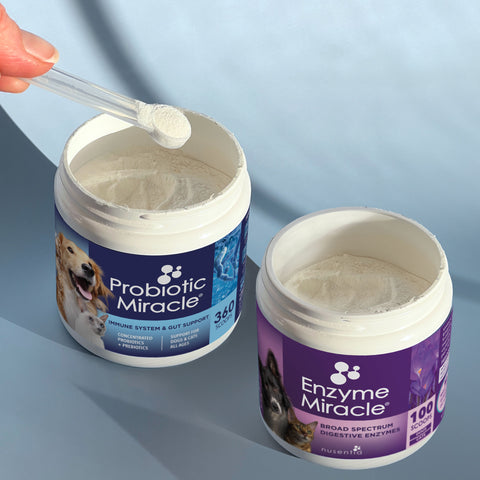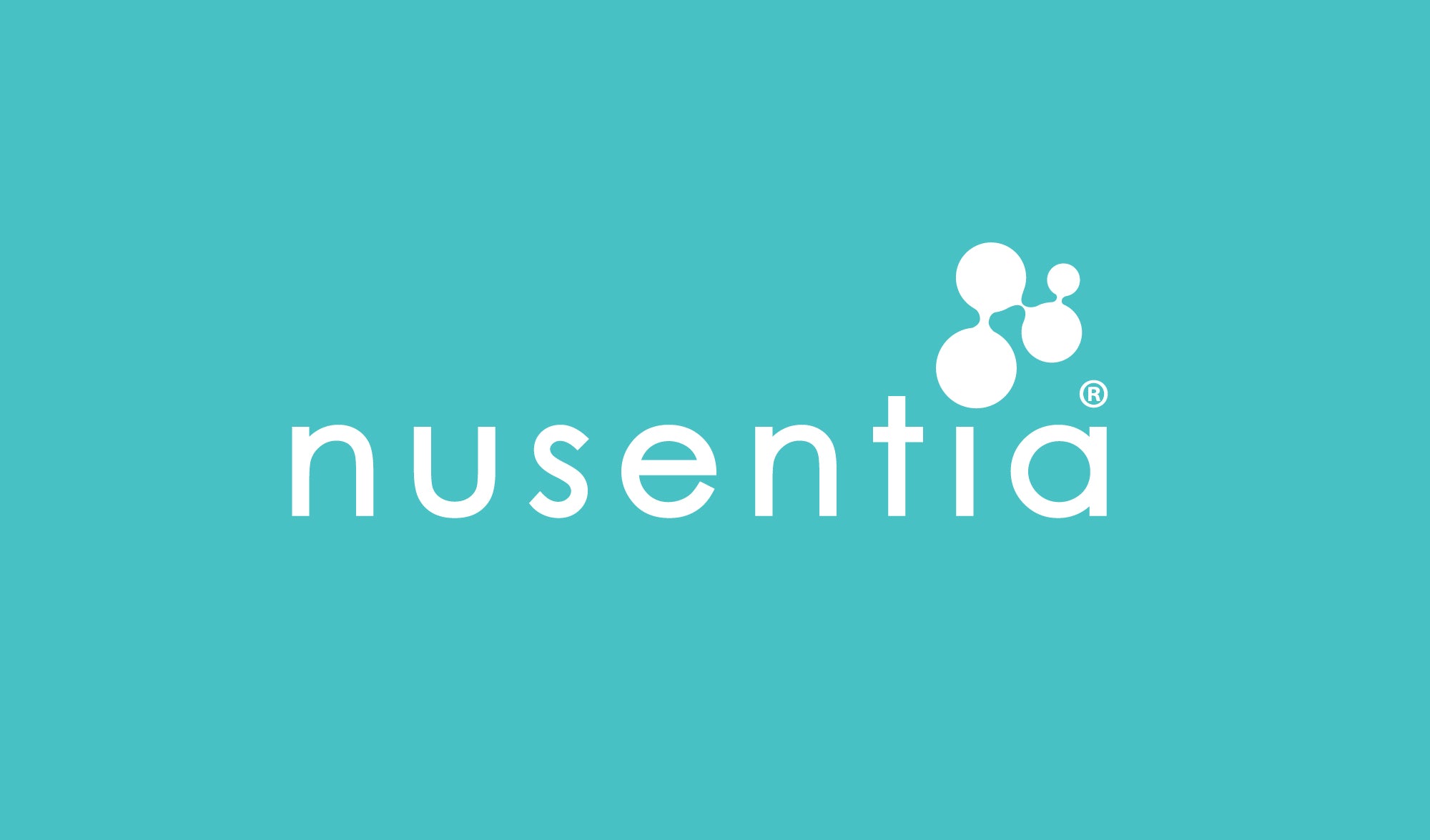Digestive stress in dogs is a common concern that can lead to discomfort and various health issues. Recognizing the signs early and understanding the right interventions, including dietary adjustments and supplementation, can significantly improve your pet's well-being.
What Is Digestive Stress?
Digestive stress encompasses disruptions in the normal functioning of a dog's gastrointestinal (GI) system, often manifesting through symptoms like vomiting, diarrhea, and lack of appetite. Various factors, including diet, infections, and environmental stressors, can contribute to this condition.
What Causes Digestive Stress?
Digestive stress in dogs can be caused by a variety of factors, each potentially impacting their GI health in different ways. Common causes include:
- Dietary Indiscretion: Consuming garbage, toxic substances, or non-food items can disrupt a dog’s digestive system.
- Changes in Diet: Sudden changes in diet can upset a dog’s stomach and lead to stress on the digestive system.
- Infections and Parasites: Bacterial, viral, or parasitic infections can cause significant digestive distress.
- Chronic Diseases: Conditions like inflammatory bowel disease (IBD), pancreatitis, or liver disease can lead to ongoing digestive problems.
- Stress: Just like in humans, stress can negatively affect a dog’s GI tract, leading to symptoms like diarrhea or vomiting.
Understanding the underlying cause of digestive stress is crucial for effective management and treatment.

Signs of digestive issues in pets
- Vomiting
- Diarrhea
- Lack of Appetite
- Abdominal Pain or Bloating
- Constipation
- Excessive Gas
- Changes in Weight
How to Help Your Dog
Tailoring your dog’s diet to meet their specific nutritional needs can significantly alleviate digestive stress.
Probiotics and Digestive Enzymes
Probiotics and enzymes is a winning combo for digestive health. Adding probiotics can help maintain a healthy gut flora, while digestive enzyme supplements play a crucial role in aiding the digestion of proteins, fats, and carbohydrates. These enzymes ensure that your dog can absorb nutrients more effectively, which is particularly beneficial for dogs experiencing digestive stress or for older dogs whose natural enzyme production may have decreased.
Regular Veterinary Check-Ups
Preventative care can help identify and address underlying causes of digestive stress early on.
Digestive Enzyme Supplementation
For dogs struggling with digestive stress, supplementation with digestive enzymes can be a game-changer. Enzymes such as lipase, protease, and amylase, found in Enzyme Miracle® support the breakdown and absorption of nutrients, which can significantly improve symptoms like gas, bloating, and irregular stools. Natural supplements can be especially beneficial for dogs with chronic GI health disorders, those recovering from illness, or older pets whose enzyme production has declined.
When to See a Vet
Persistent or severe symptoms of digestive stress warrant a visit to the veterinarian. A professional can diagnose the issue accurately and recommend specific treatments, which may include dietary changes, enzyme supplements, or other interventions based on your dog's needs.
Conclusion
Understanding and addressing digestive stress in dogs through appropriate dietary management, including the use of probiotics and digestive enzyme supplements, can greatly improve your pet’s health and comfort. Always consult with a veterinarian to choose the best course of action for your dog’s specific condition.
For natural, trusted pet health supplements with proven formulas to improve your furry friend's overall health, visit Nusentia, a brand trusted by veterinarians and pet parents alike since 2008.
References
Villaverde, Cecilia et al. “Effect of enzyme supplements on macronutrient digestibility by healthy adult dogs.” Journal of nutritional science vol. 6 e12. 18 Apr. 2017, doi:10.1017/jns.2017.10
Jadhav, Swati et al. “Modulation of digestibility of canine food using enzyme supplement: an in vitro simulated semi-dynamic digestion study.” Frontiers in veterinary science vol. 10 1220198. 9 Aug. 2023, doi:10.3389/fvets.2023.1220198
Yang, Qing, and Zhenlong Wu. “Gut Probiotics and Health of Dogs and Cats: Benefits, Applications, and Underlying Mechanisms.” Microorganisms vol. 11,10 2452. 29 Sep. 2023, doi:10.3390/microorganisms11102452





